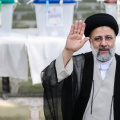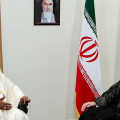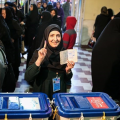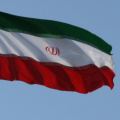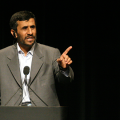Hard Liners Rally in Iran’s Presidential Election: Key Candidates Withdraw
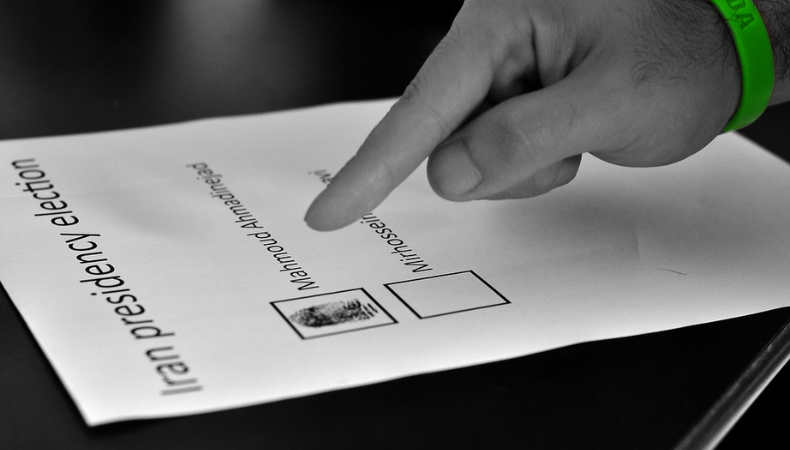
Strategic Withdrawals to Strengthen Unity
As Iran is all set for the upcoming presidential election, two prominent candidates have withdrawn from the race, aiming to reinforce support for a hard liner unity candidate. This move marks a momentous shift in the political landscape, likely to significantly affect the outcome of the vote.
According to a report by the state run IRNA news agency, Amirhossein Ghazizadeh Hashemi, announced his withdrawal and also encouraged others to follow suit to “strengthen the front of revolution.” Hashemi served as vice president under the late President Ebrahim Raisi, and head of the Foundation of Martyrs and Veterans affairs , had previously run in the 2021 election, securing around 1 million votes but finishing last.
The Reformist Challenge
Repeating his 2021 decision when Raisi was elected, Tehran Mayor Alireza Zakani also stepped down from the race. Zakani’s withdrawal aims to prevent the formation of a third administration under former President Hassan Rouhani, and targeting reformist candidate Masoud Pezeshkian. Pezeshkian is seen as a continuation of Rouhani’s policies, including the 2015 nuclear deal with world powers with support of former Iranian Foreign Minister Mohammad Javed Zarif.
Common Election Tactics
These strategic withdrawals are typical in the final hours before an Iranian election, particularly during the mandatory quiet period when campaigning halts. As voters prepare to go to the polls on Friday, the race now features the remaining four candidates. Analysts view it as a three way contest among two hard liners- former nuclear negotiator Saeed Jalil and parliamentary speaker Mohammad Bagher Qalibaf and reformist candidate Pezeshkian.
The Supreme Leader’s Call
Supreme Leader Ayatollah Ali Khamenei has urged for maximum voter turnout while cautioning Pezeshkian and his allies against relying on the United States. Despite Kamenei’s call, public apathy remains high, intensified by economic hardships and recent tragedies like the helicopter crash that killed the former President.
Keep On Reading
Public Sentiment and Voting
The restricted candidate pool and displeasure with Iran’s strict policies, particularly concerning women’s rights in the country, have resulted in many to consider boycotting the elections. A 27 year old unemployed woman with a master’s degree, Fatemeh Jazayeri, expressed her disappointment, saying, “I did not watch any of the debates since I have no plans to vote.”
On the contrary, some voters, especially conservative worshippers, remain committed. A 46 year old shopkeeper, Mahmoud Sayedi, plans to vote for Qalibaf, leveraging his experience. Another voter Parivash Emami, 49, also supports Qalibaf, hoping his expertise will address Iran’s challenges.
The Nation’s Future
As Iran avenues this crucial vote, the nation’s future hangs in the balance, influenced by strategic political maneuvers and deep seated public sentiments.

